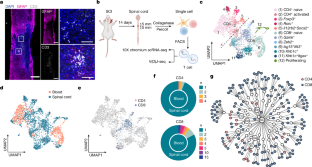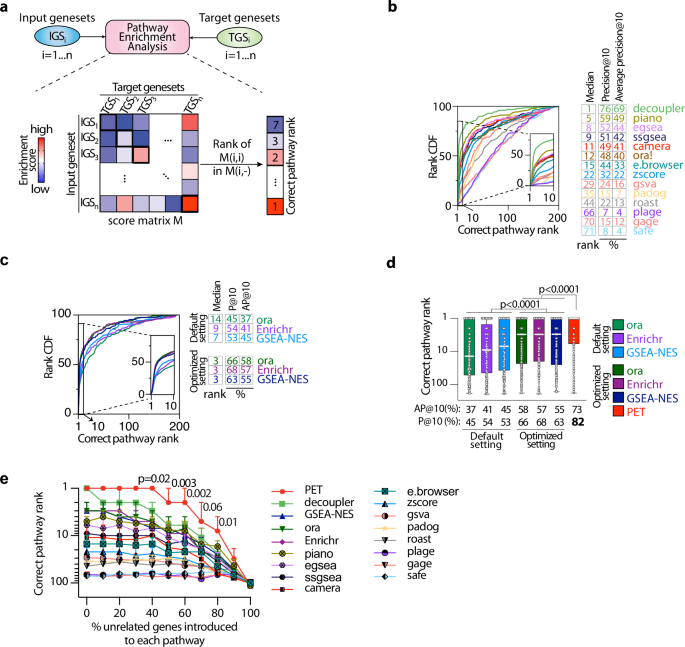2024-09-04 ワシントン大学セントルイス校
<関連情報>
- https://source.washu.edu/2024/09/novel-immunotherapy-improves-recovery-from-spinal-cord-injury/
- https://www.nature.com/articles/s41586-024-07906-y
中枢神経系損傷に対する人工T細胞療法 Engineered T cell therapy for central nervous system injury
Wenqing Gao,Min Woo Kim,Taitea Dykstra,Siling Du,Pavle Boskovic,Cheryl F. Lichti,Miguel A. Ruiz-Cardozo,Xingxing Gu,Tal Weizman Shapira,Justin Rustenhoven,Camilo Molina,Igor Smirnov,Yifat Merbl,Wilson Z. Ray &Jonathan Kipnis
Nature Published:04 September 2024
DOI:https://doi.org/10.1038/s41586-024-07906-y

Abstract
Traumatic injuries to the central nervous system (CNS) afflict millions of individuals worldwide1, yet an effective treatment remains elusive. Following such injuries, the site is populated by a multitude of peripheral immune cells, including T cells, but a comprehensive understanding of the roles and antigen specificity of these endogenous T cells at the injury site has been lacking. This gap has impeded the development of immune-mediated cellular therapies for CNS injuries. Here, using single-cell RNA sequencing, we demonstrated the clonal expansion of mouse and human spinal cord injury-associated T cells and identified that CD4+ T cell clones in mice exhibit antigen specificity towards self-peptides of myelin and neuronal proteins. Leveraging mRNA-based T cell receptor (TCR) reconstitution, a strategy aimed to minimize potential adverse effects from prolonged activation of self-reactive T cells, we generated engineered transiently autoimmune T cells. These cells demonstrated notable neuroprotective efficacy in CNS injury models, in part by modulating myeloid cells via IFNγ. Our findings elucidate mechanistic insight underlying the neuroprotective function of injury-responsive T cells and pave the way for the future development of T cell therapies for CNS injuries.


